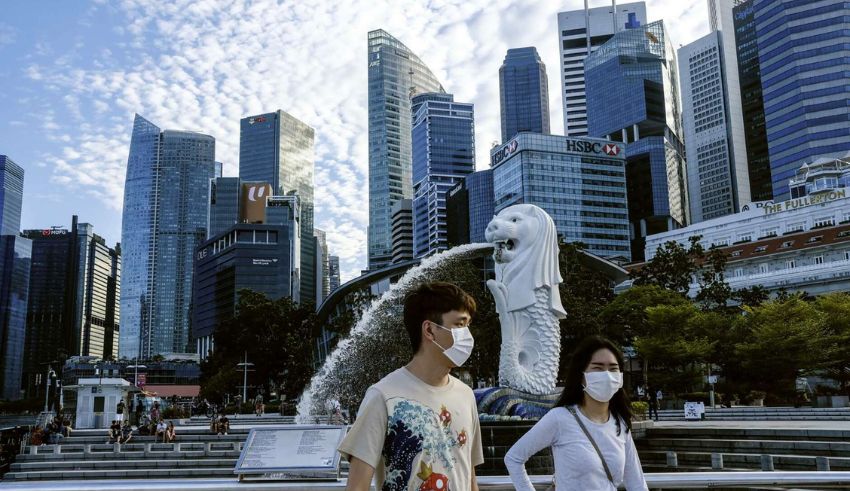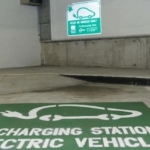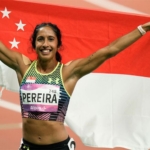
Singapore is bracing itself for another wave of COVID-19 cases, Health Minister Ong Ye Kung warned on Friday, as daily infections surged from 1,000 three weeks ago to 2,000 over the past two weeks. However, what sets Singapore apart from many other countries grappling with the virus is its determination to treat COVID-19 as an “endemic disease.”
The recent spike in cases can be attributed mainly to two variants – EG.5 and its sub-lineage HK.3, both descendants of the XBB Omicron variant. Together, they now account for over 75 percent of the country’s daily cases, according to Ong.
While the increase in cases is concerning, Singapore has decided not to impose social restrictions, a departure from the measures taken during the previous wave in March to April when daily infections reached 4,000. He reassured the public that existing vaccines continue to be effective in preventing severe illness caused by these variants.
However, Ong cautioned against complacency, warning that hospitalizations could rise in the coming weeks, leading to longer waiting times for healthcare services. He shared findings from a Ministry of Health (MOH) study that highlighted the importance of vaccination and boosters.
According to the study, individuals who are “best protected” – having received a minimum of three mRNA shots and experienced a natural infection within the last 12 months – have a severe illness incidence rate of about 10 per 100,000 people. In contrast, the “least protected” group, with no vaccination or prior infection, is five times more likely to become seriously ill, with an incidence rate of more than 50 per 100,000 people.
The most striking finding from the study, Ong described as the “most important,” was the incidence rate for individuals who had three mRNA shots but had their last infection more than 12 months ago. Their rate of severe illness was also around 50 per 100,000, similar to those with no vaccination or prior infection.
“This is a clear indication that protection wanes,” warned Ong, “And it happens around the 12-month interval, based on our study.”
Keep Reading
In light of these findings, Ong urged senior citizens and medically vulnerable individuals to take precautions such as wearing masks in crowded areas. He also advised them to keep their vaccinations up to date, recommending a booster shot at least once a year.
“The COVID-19 virus has not become milder since the pandemic crisis,” Ong stressed. “It is us who have gotten stronger and more resilient, and that is because of vaccinations as well as safe recovery from infections.”
To support ongoing vaccination efforts, the Ministry of Health (MOH) continues to offer free COVID-19 vaccinations at its various vaccination centers, ensuring accessibility for all Singaporeans.
As Singapore faces this new COVID-19 wave with resilience and adaptability, the nation’s approach to the virus serves as a unique model of coexistence that may provide valuable lessons for others navigating the ongoing pandemic.
























